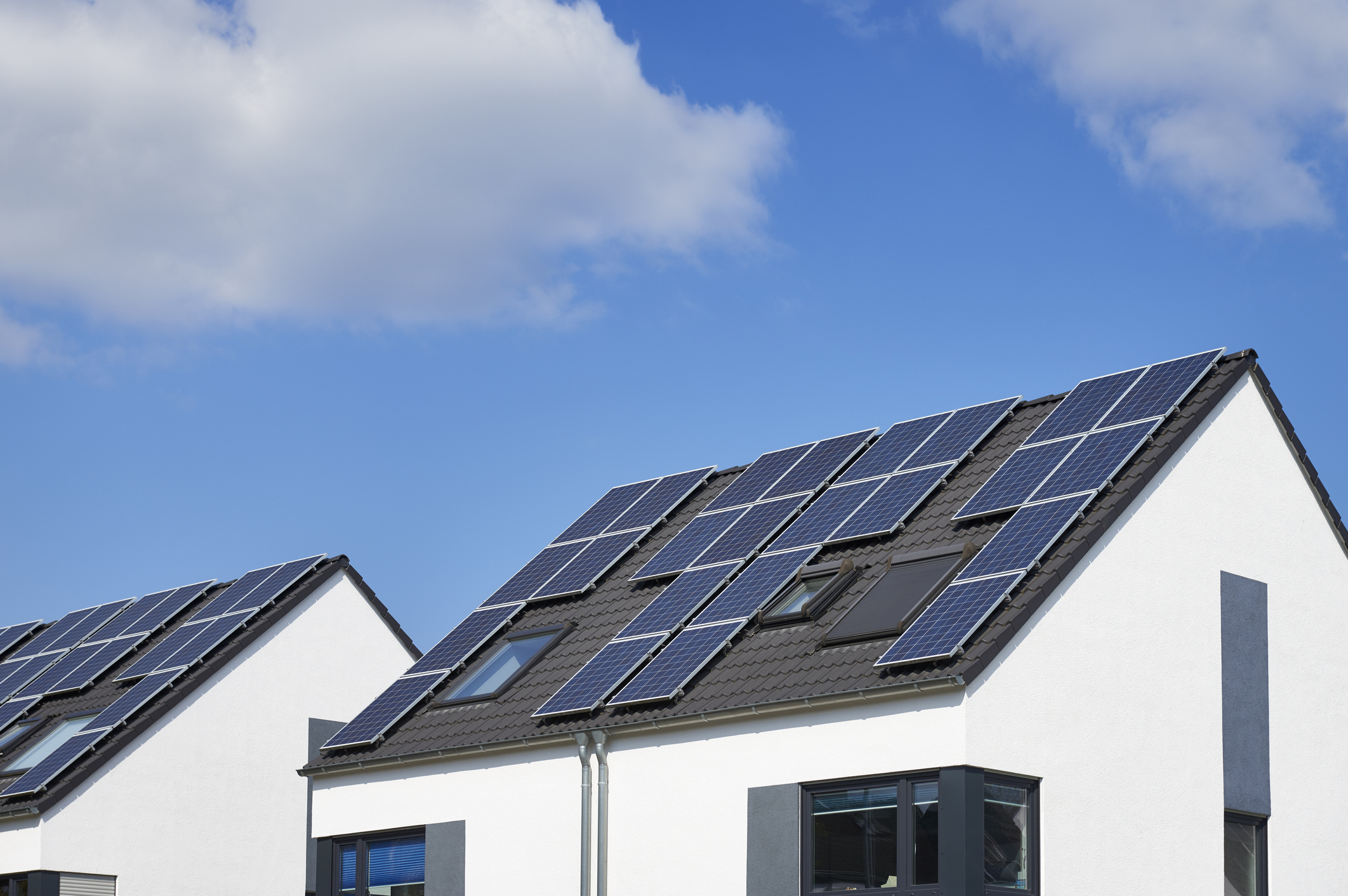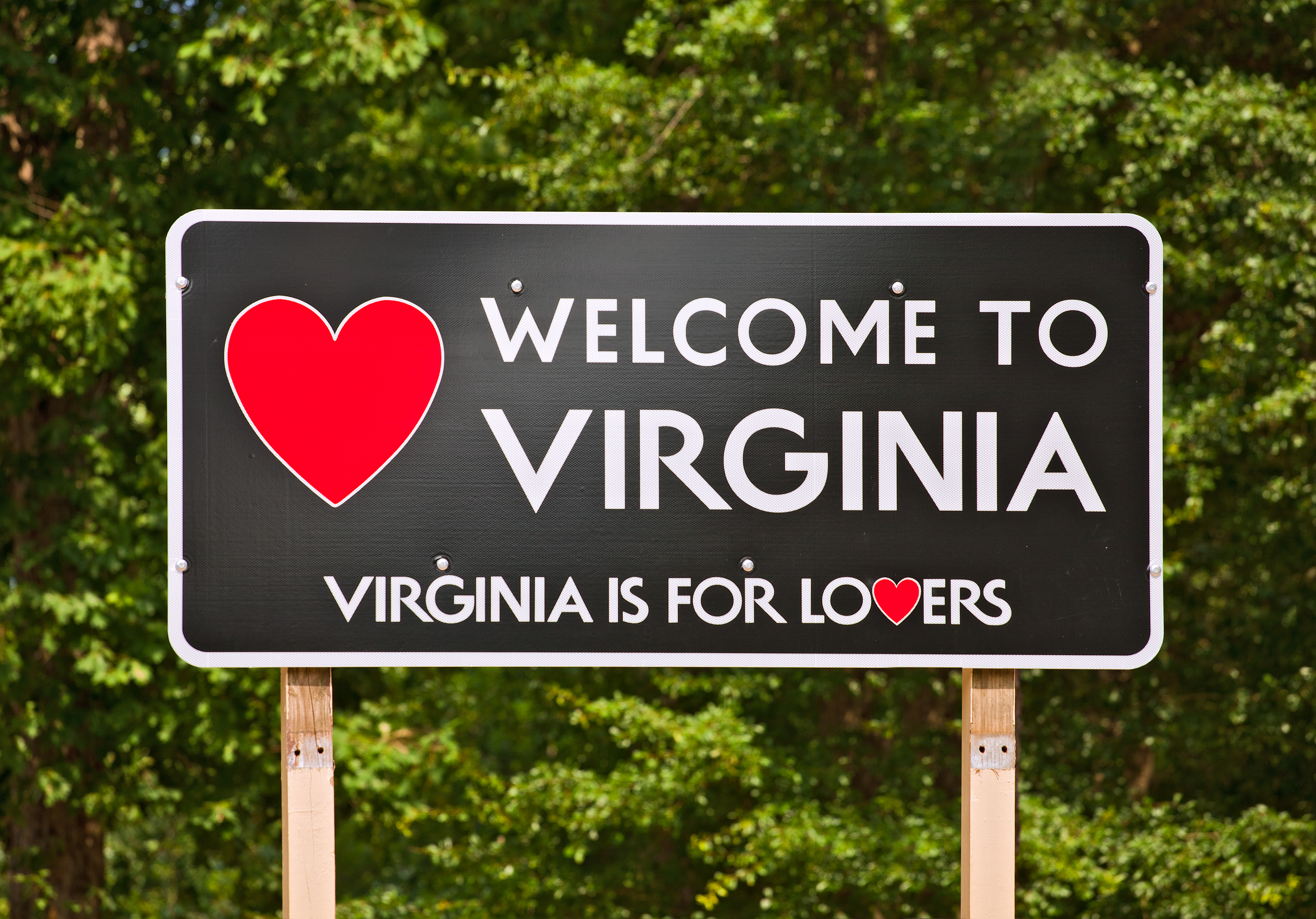Save More with Tax Credits for Energy-Efficient Home Improvements While You Still Can
Trump's new GOP tax bill ends many key energy tax credits for home improvements. Here's what you need to know.


Rocky Mengle
If you're planning a few home improvements that will boost the energy efficiency of your house, you'll want to call your contractor soon.
A new GOP tax bill known as the “One Big Beautiful Bill” (OBBB) ends a slew of tax provisions for many "clean energy" tax incentives, including the electric vehicle tax credit, a tax break for home EV charging equipment, and yes, those for energy-efficient home improvements.
In other words, several "green energy" tax incentives are coming to an end.

Sign up for Kiplinger’s Free E-Newsletters
Profit and prosper with the best of expert advice on investing, taxes, retirement, personal finance and more - straight to your e-mail.
Profit and prosper with the best of expert advice - straight to your e-mail.
So if you're eligible, you may want to take advantage of tax breaks on the list below while you still can.
Energy efficient home improvement credit
Right now, you can claim up to $3,200 in savings annually under the Energy Efficient Home Improvement Credit. Here are a few fast facts about this tax break:
- The credit is equal to 30% of the costs for all eligible home improvements made during the year.
- The cost of certain biomass stoves and boilers, electric panels, and related equipment, and home energy audits might be covered.
- Roofing and air-circulating fans are not allowed as qualifying items.
- Qualifying home improvements must meet certain updated energy efficiency standards to take advantage of this tax credit.
Additionally, annual limits for specific types of qualifying improvements must be met.
If you spread out your qualifying home projects, you might be able to claim the maximum credit each year. Listed below are dollar amounts for a few of the categories:
- $150 for home energy audits.
- $250 for an exterior door ($500 total for all exterior doors).
- $600 for exterior windows and skylights; central air conditioners; electric panels and certain related equipment; natural gas, propane or oil water heaters; natural gas, propane or oil furnaces or hot water boilers.
- $2,000 for electric or natural gas heat pump water heaters, electric or natural gas heat pumps and biomass stoves and boilers (for this one category, the $1,200 annual limit might be exceeded).
No credit will be allowed unless the manufacturer of any purchased item creates a product identification number for the item, and the person claiming the credit includes the number on their tax return.
The OBBB eliminates this credit by December 31, 2025.
Residential clean energy credit
The second credit homeowners are eyeing is the Residential Clean Energy Credit.
Like the Energy Efficient Home Improvement Credit, the GOP is ending the Residential Clean Energy Credit by December 31, 2025.
The credit is worth 30% of the cost to install qualifying systems that use solar, wind, geothermal, biomass, or fuel cell power to produce electricity, heat water, or regulate the temperature in your home. (The credit for fuel-cell equipment is limited to $500 for each one-half kilowatt of capacity.)
(Note: the residential clean energy credit no longer applies to biomass furnaces and water heaters, but does apply to battery storage technology with a capacity of at least three-kilowatt hours.)
Alternative fuel refueling property credit
The EV tax credit might be one of the more popular individual tax breaks as far as "clean energy" incentives go.
However, a related tax credit is the Alternative Fuel Refueling Property Credit (also known as the EV charger tax credit).
For homeowners, the credit is worth 30% of the costs of "qualified alternative fuel vehicle refueling property" installed in the home, up to $1,000. (This includes equipment used to recharge an electric vehicle.)
The credit also applies to the purchase of "bidirectional" charging equipment, which can charge the battery of an electric vehicle and allow you to discharge electricity from the battery back out to the electric grid.
This tax break is currently set to expire for property placed in service after June 30, 2026.
Note: The credit also applies to equipment used to store or dispense alternative fuel (other than electricity) for motor vehicles.
High-efficiency electric home rebates
Although not a tax credit, the High-Efficiency Electric Home Rebate Program was also designed to help American families "go green."
The program provides rebates to low- and middle-income families who purchase energy-efficient electric appliances. To qualify for a rebate, your family's total annual income must be less than 150% of the median income where you live.
Qualifying homeowners might get rebates as high as:
- $840 for a stove, cooktop, range, oven or heat pump clothes dryer;
- $1,750 for a heat pump water heater; and
- $8,000 for a heat pump for space heating or cooling.
Rebates for nonappliance upgrades might be available up to the following amounts:
- $1,600 for insulation, air sealing and ventilation;
- $2,500 for electric wiring; and
- $4,000 for an electric load service center upgrade.
There are limits on the amount certain families can receive.
For instance, a rebate can't exceed 50% of the cost of a qualified electrification project if the family's annual income is from 80% to 150% of the area's median income.
Each qualifying family is limited to no more than $14,000 in total rebates under the program.
Under the Biden administration, $4.5 billion was scheduled to be allocated as rebates through state and tribal governments that establish their own qualifying programs. These funds are to be available through September 30, 2031, and so far, the GOP has not tried to eliminate this program.
However, Energy Star, a government program designed to sponsor clean energy consumption, faces the threat of shutdown under the Trump administration. Products with the Energy Star designation are often used to determine whether a home improvement qualifies for a rebate or tax credit.
The GOP's "One, Bill, Beautiful Bill" eliminates many Inflation Reduction Act energy tax credits by the end of 2025. President Donald Trump signed the mega tax bill into law on July 4th.
Keep informed and stay tuned for more updates.
Read More
Profit and prosper with the best of Kiplinger's advice on investing, taxes, retirement, personal finance and much more. Delivered daily. Enter your email in the box and click Sign Me Up.

Kate is a CPA with experience in audit and technology. As a Tax Writer at Kiplinger, Kate believes that tax and finance news should meet people where they are today, across cultural, educational, and disciplinary backgrounds.
-
 Stock Market Today: S&P 500, Nasdaq Hit New Highs on Retail Sales Revival
Stock Market Today: S&P 500, Nasdaq Hit New Highs on Retail Sales RevivalStrong consumer spending and solid earnings for AI chipmaker Taiwan Semiconductor Manufacturing boosted the broad market.
-
 Higher Summer Costs: Tariffs Fuel Inflation in June
Higher Summer Costs: Tariffs Fuel Inflation in JuneTariffs Your summer holiday just got more expensive, and tariffs are partially to blame, economists say.
-
 Higher Summer Costs: Tariffs Fuel Inflation in June
Higher Summer Costs: Tariffs Fuel Inflation in JuneTariffs Your summer holiday just got more expensive, and tariffs are partially to blame, economists say.
-
 Don’t Miss Alabama Tax-Free Weekend 2025
Don’t Miss Alabama Tax-Free Weekend 2025Tax Holiday Ready to save? Here’s everything you need to know about the 2025 back-to-school Alabama sales tax holiday.
-
 Five Big Beautiful Bill Changes and How Wealthy Retirees Can Benefit
Five Big Beautiful Bill Changes and How Wealthy Retirees Can BenefitHere's how wealthy retirees can plan for the changes in the new tax legislation, including what it means for tax rates, the SALT cap, charitable giving, estate taxes and other deductions and credits.
-
 Parents Prepare: Trump's Megabill Brings Three Crucial Tax Changes
Parents Prepare: Trump's Megabill Brings Three Crucial Tax ChangesTax Changes Are you a parent? The so-called ‘One Big Beautiful Bill’ (OBBB) impacts several key tax incentives that can affect your family this year and beyond.
-
 ‘I Play Pickleball in Retirement.’ Is It HSA-Eligible?
‘I Play Pickleball in Retirement.’ Is It HSA-Eligible?Retirement Tax Staying active after you retire may be easier with these HSA expenses. But there’s a big catch.
-
 Mississippi Tax-Free Weekend 2025
Mississippi Tax-Free Weekend 2025Tax Holiday Just in time for Prime Day, Mississippi celebrated a tax holiday in July. Find out what back-to-school essentials were included.
-
 What to Know About New Medicaid Cuts: Is Your Local Hospital Closing Soon?
What to Know About New Medicaid Cuts: Is Your Local Hospital Closing Soon?Tax Policy Trump’s ‘One Big Beautiful Bill’ is now law, and rural hospitals across the U.S. are on the chopping block.
-
 Ten Cheapest Places to Live in Virginia
Ten Cheapest Places to Live in VirginiaProperty Taxes The Commonwealth of Virginia has some cheap places to live. Here are a few if you hate paying property taxes.